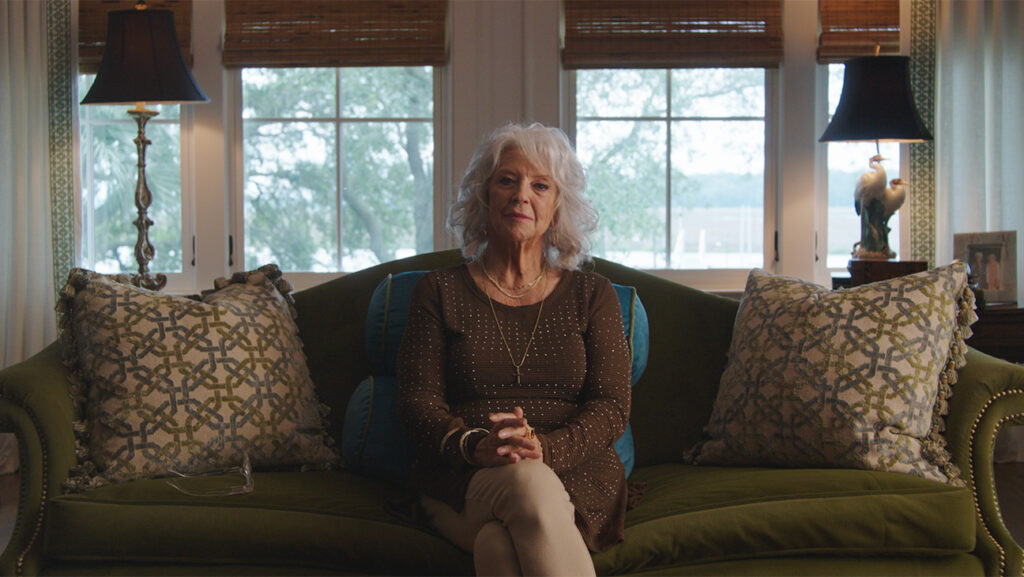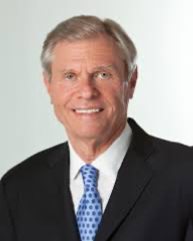
UPDATE: The latest documentary, Canceled: The Paula Deen Story, directed by Billy Corben, has ignited urgent discussions about the ongoing implications of cancel culture. The film, which runs for 103 minutes, features insights from Deen’s family, including her son, Bobby Deen, who expressed skepticism about the need for such a documentary, questioning, “Why do you need a documentary?”
This documentary comes at a pivotal moment, as it delves into the controversies surrounding Paula Deen, known for her iconic status on the Food Network and her dramatic fall from grace due to a racial slur incident. The film portrays Deen as a sympathetic figure, offering a series of justifications for her past actions, prompting viewers to reconsider the narrative of her cancelation over a decade ago.
While the documentary attempts to shed light on Deen’s backstory—her struggles with depression and agoraphobia, and her rise to fame through a catering business—the film largely sidesteps a critical examination of the societal implications of cancel culture. Bobby Deen’s initial reservations seem justified as the film presents a one-sided view that leans heavily on excuses rather than accountability.
The impact of this documentary is immediate and significant, as it reignites conversations about race, accountability, and the complexities of public apologies. Notably, Michael Twitty, a food historian featured in the film, points out, “It’s less about cancelation and more about accountability,” highlighting the disparity in how different public figures are treated after scandals.
Critics argue that while Deen’s narrative is compelling, the documentary fails to grapple with the realities of her actions and the subsequent fallout. It raises pressing questions: Why do some individuals face severe repercussions while others seem to escape relatively unscathed?
As the documentary circulates, audiences are left to ponder not only Paula Deen’s legacy but also the broader implications of cancel culture. The film’s failure to provide a balanced perspective could fuel further debates among viewers, making this a critical moment for discussions around race and accountability in contemporary society.
Next steps: Viewers and critics alike are encouraged to engage in discussions surrounding the themes presented in Canceled: The Paula Deen Story, as it serves as a catalyst for examining our collective responses to public figures in crisis. The ongoing dialogue about accountability and cancel culture is more relevant than ever, and this documentary is sure to be at the center of that conversation.







